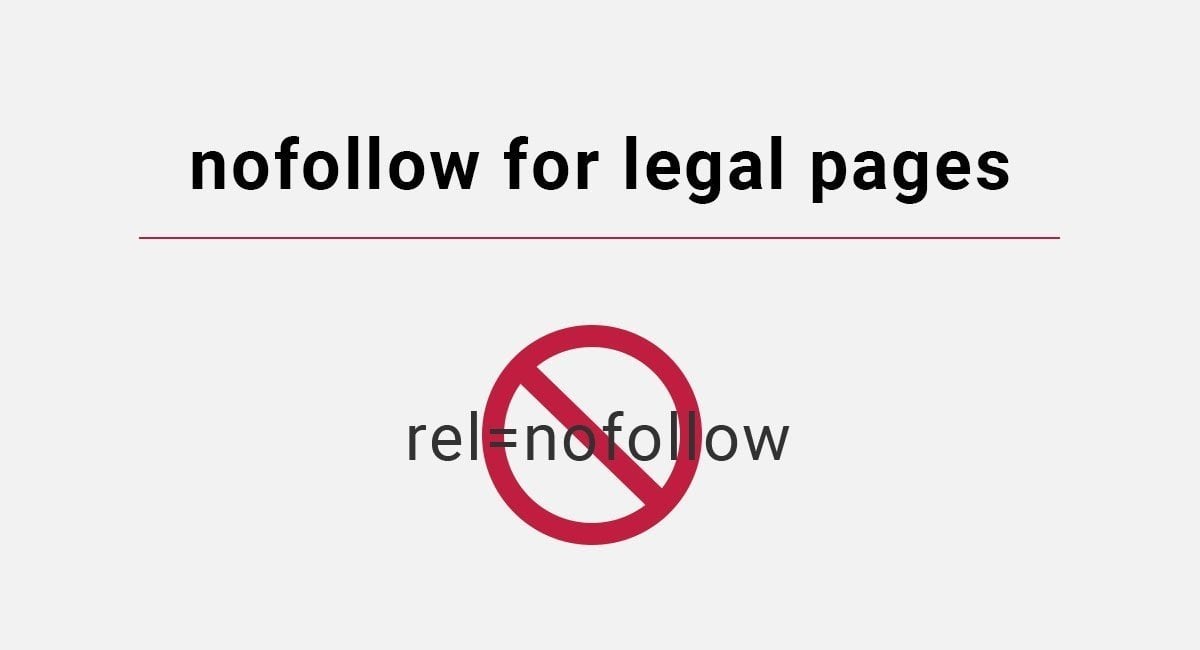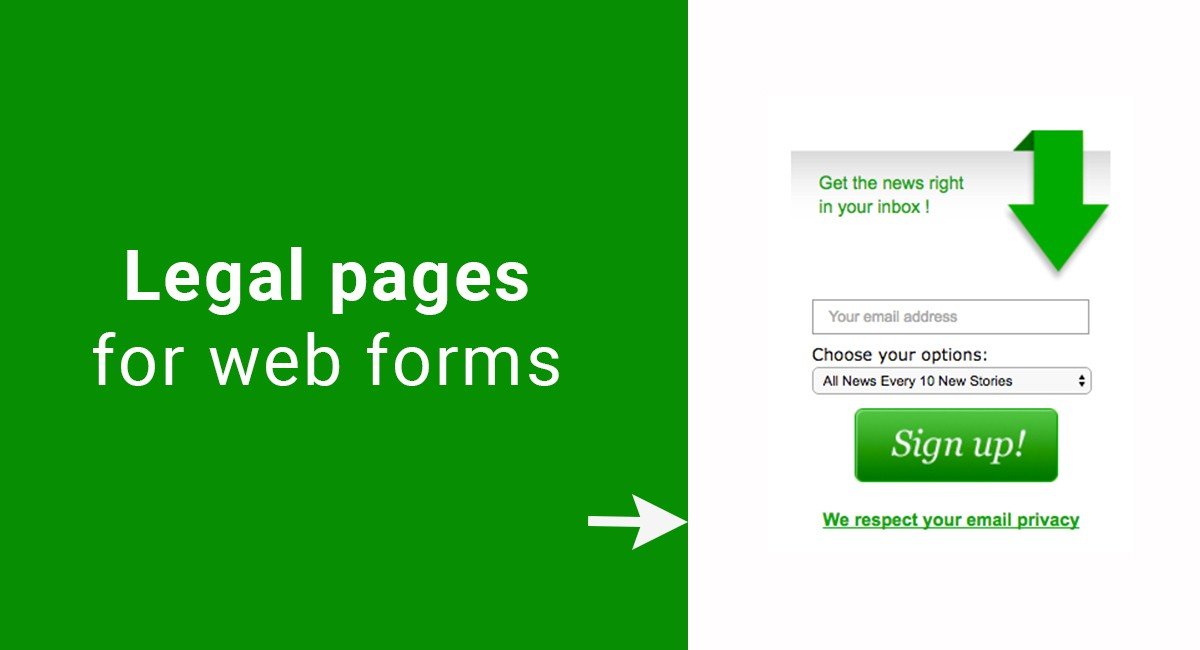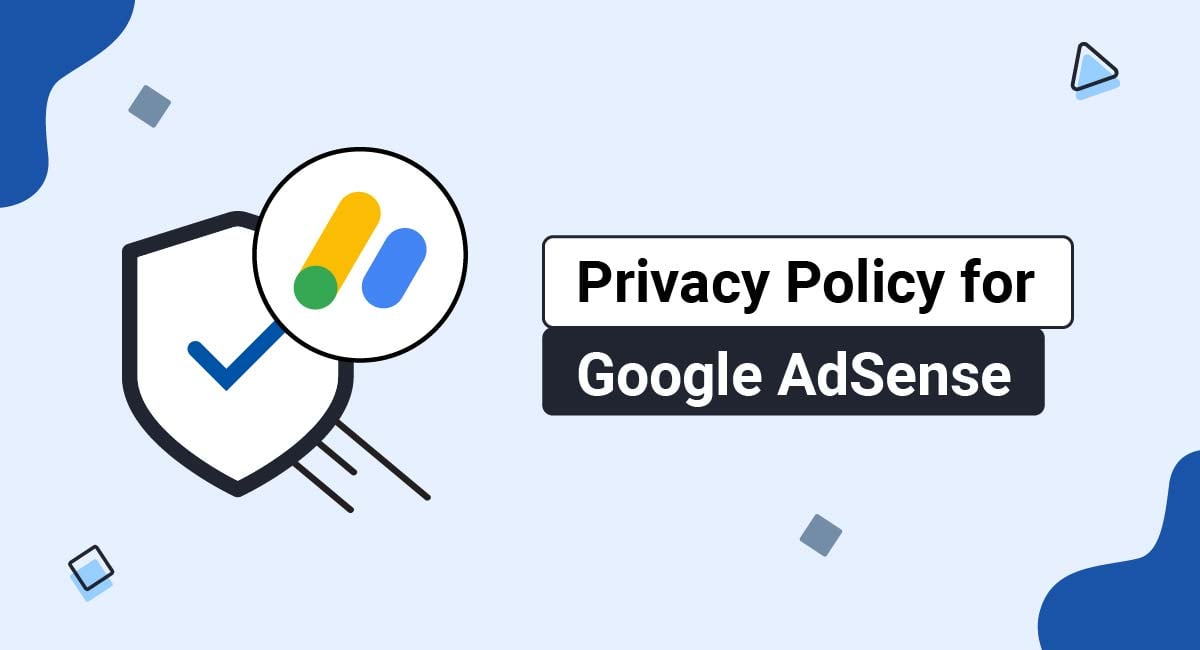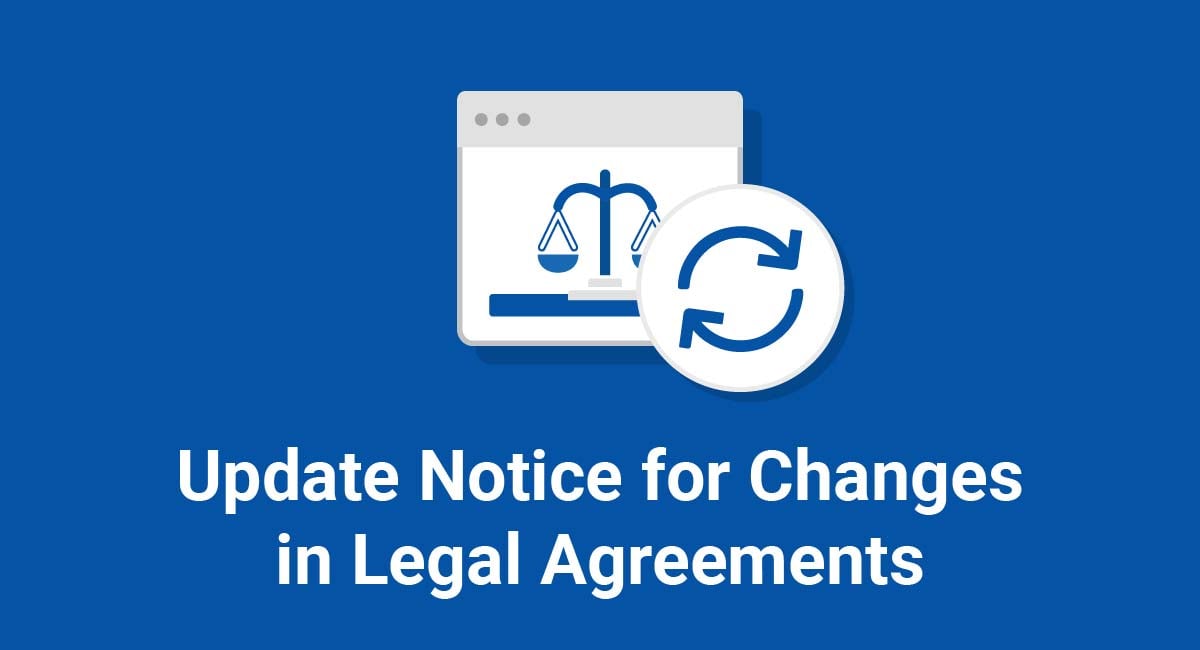The SEO industry is asking:
Do you need to have the links to a website's legal agreements with the rel=nofollow or the rel=noindex attribute or without the rel tag?
A website or a mobile app can have a wide range of legal agreements, but the most common agreements are:
- Privacy Policy
- Terms and Conditions (or the variants: Terms of Service, Terms of Use)
- Cookies Policy
- Return/Refund Policy
- Community Guidelines
- User Agreement
- And so on
TermsFeed is the world's leading generator of legal agreements for websites and apps. With TermsFeed, you can generate:
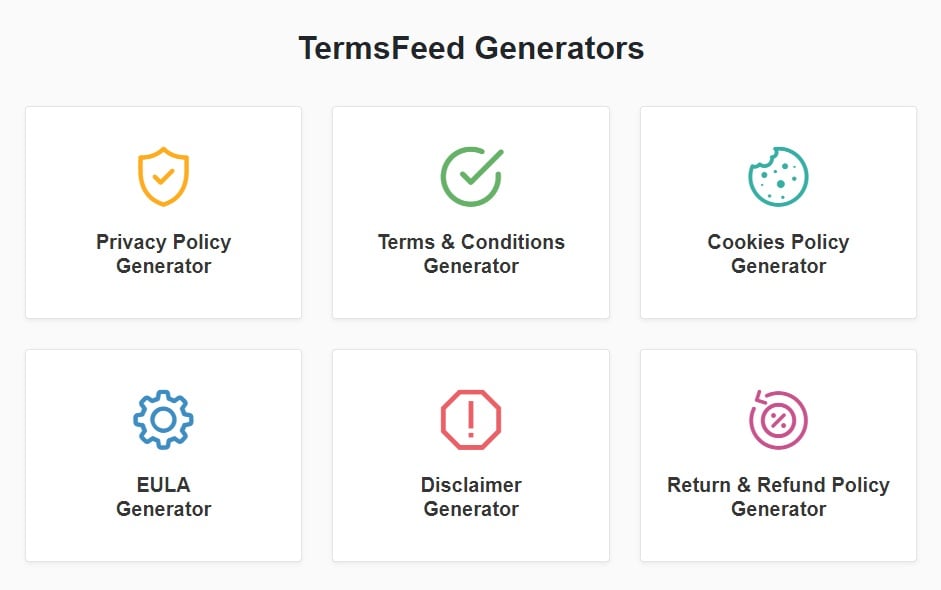
Official answer from Google
There's no official answer in the Google Help section, either the AdWords Help section or the AdSense Help pages, but Matt Cutts from Google gives website owners an official reply to this question.
The official reply: it's neither yes or no, but rather an individual decision each website owner must make when deciding to place a "rel=nofollow" or "rel=noindex" or none for all the links pointing to the legal agreements.
The first recommendation is to focus on the content of your website, not "should I add "nofollow" or "noindex" or both to my privacy statement page?"
The second recommendation is to ask yourself if these pages are important to your users.
As you know, a "Privacy Policy" is mandatory by law if you collect personal data, such as email address, name etc.
A "Disclaimer" is the page where you inform users of your affiliate relationships with other companies, such as if you need to disclose endorsements or paid tweets.
Disclaimers are not limited to only disclosing affiliate relationships, but it can be used to disclose other information that's important to your users or customers. For example, a warranty disclaimer is needed if you sell physical products.
While a Terms and Conditions isn't required by law, it's recommended to have one for your website as you can set the rules and guidelines on what's allowed or not when users use your website.
A Terms and Conditions is also known as a Terms of Service or a Terms of Use:
A Terms of Service Agreement is a set of regulations that users must agree to follow in order to use a service. Terms of Use is often named Terms of Service and sometimes Terms and Conditions, as well as Disclaimer, mostly when addressing website usage.
If the Privacy Policy page and the Disclaimer page is important to your users because it discloses important information users need to know before using your website, should you leave the links pointing to these legal agreements without adding the "rel" tag?
Yes, because these pages matter to your users. The links should be without the "nofollow" and "noindex" attribute to the "rel" tag, so Google can index these pages.
This applies even if you don't collect large amounts of personal data and your Privacy Policy would be a very short page.
Google can index these legal pages, which are already known to be available for almost all websites. Google would know how much rank to give to these pages appropriately.
Shari Thurow, in a post titled "You'd Be Wise To "NoFollow" This Dubious SEO Advice" on Search Engine Land, recommends this:
In addition, I often hear the justification that web site owners do not want "link juice" flowing to unimportant pages, such as a privacy policy or a legal disclaimer. First of all, search engine software engineers know that these types of pages are quite common boilerplate elements across a wide variety of web sites. Boilerplate stripping is a process that all search engines do on some level. These pages are not exactly considered content-rich pages on an e-commerce site, for example.
If you're collecting personal data and your users value the privacy of their data more than that of an average website then don't add the "nofollow" or "noindex" tags to your legal pages.

In examples like these, these legal pages matter to customers. If you place the links to your Privacy Policies and/or Terms and Conditions agreement in the footer of your web pages, the Google bot will automatically know how much to weight them:

Don't worry about duplicated content
There have been no known reports that indexing your Privacy Policy or your Terms and Conditions will affect your website in any way because of the duplicated content these pages may have.
These are common pages.
Google and other search engines know that these agreements are required by law, the pages are not content-rich and that you're most likely to have similar content of other websites on these kind of legal pages.
Just like any other "Login" or "Signup" page, pages that are not content-rich, Google would know how much to weight these pages. Weight a bit or not at all, depending on your website and how much importance you give to these agreements.
It's up to you to decide if you want to add a "nofollow" or "noindex" attribute to the "rel" tag to these legal pages. Leaving these pages without any "rel" tag added would not affect your overall website ranking.
Google knows these pages are standard, some of them are required by law and would automatically weigh them appropriately for your website.

Comprehensive compliance starts with a Privacy Policy.
Comply with the law with our agreements, policies, and consent banners. Everything is included.
